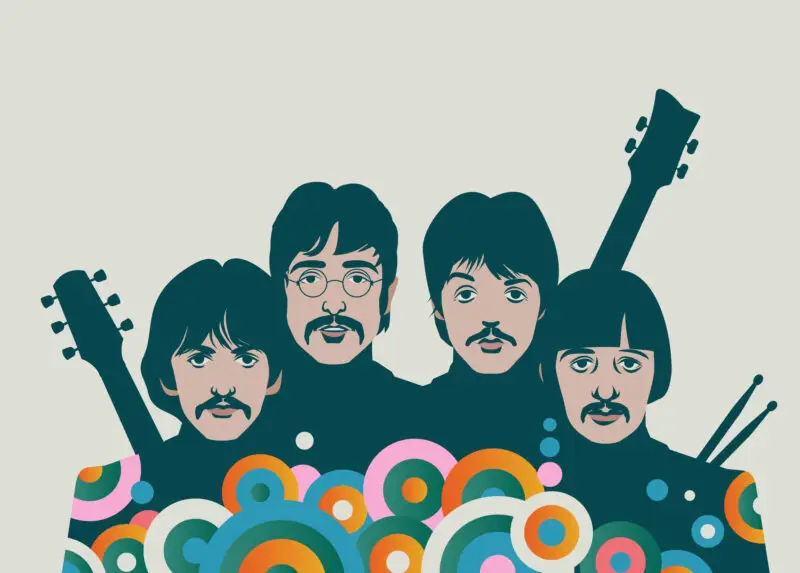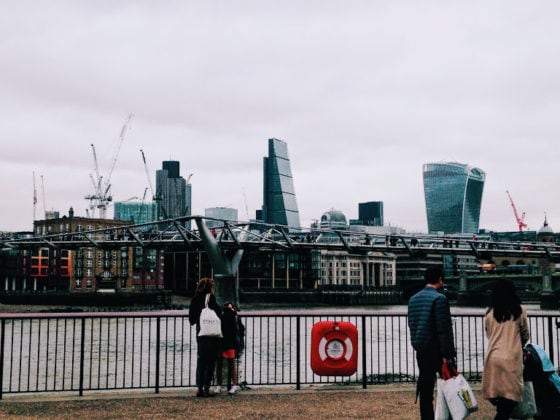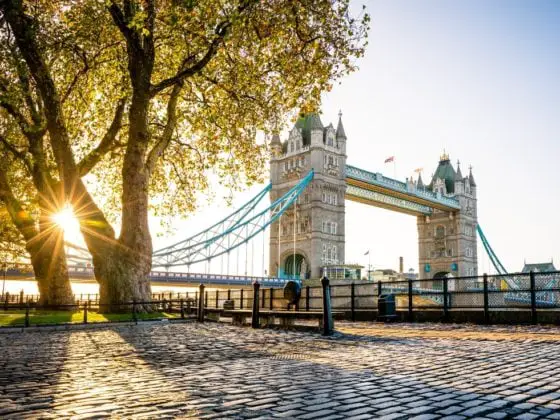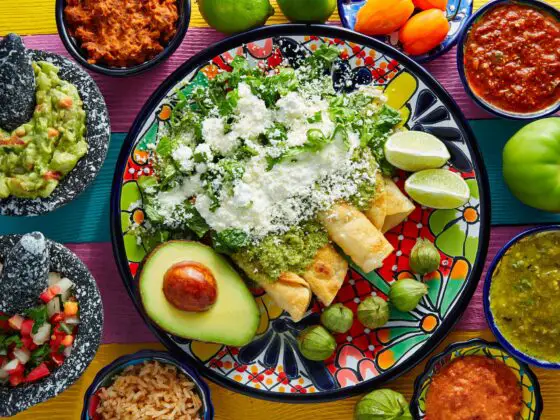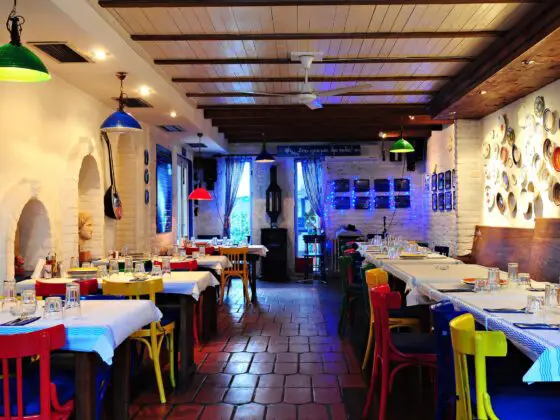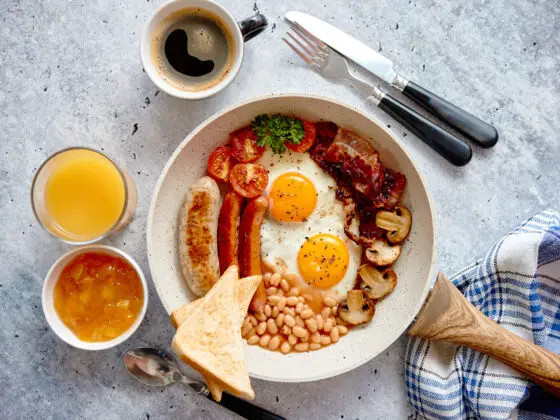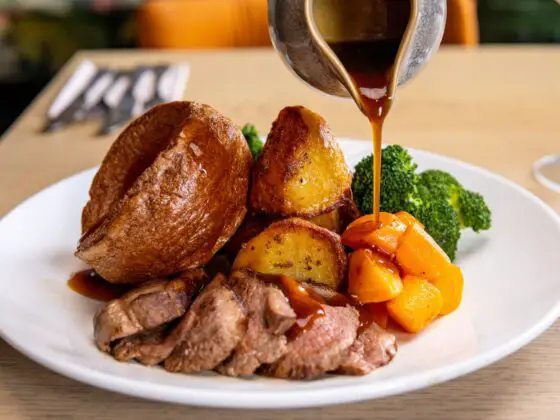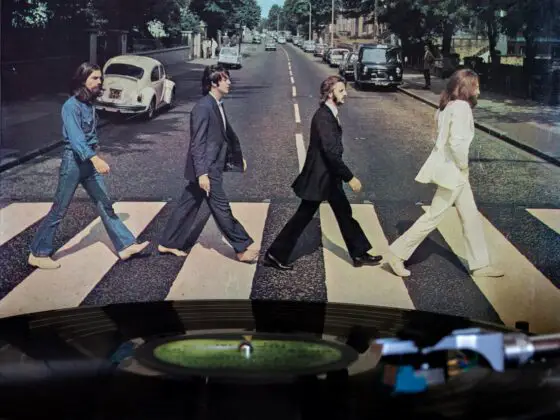There is a good chance that this post contains affiliate links. If you make a purchase through them, I may receive a small commission at no extra cost to you! As an Amazon Associate, I earn from qualifying purchases. As ever, all opinions are my own.
It’s time to answer the age-old question: were The Beatles hippies? You’d be forgiven for thinking the answer is simple, but when you boil it down, the answer isn’t as clear-cut as you may expect.
Were The Beatles influenced by hippie culture, or did they influence hippie culture? Could the answer be both? As a hard-core Beatles fan myself, it’s a question I’ve been pondering for a while now.
And then there’s the other question: if The Beatles were hippies, why didn’t they perform at Woodstock, the ultimate hippie festival of the 60s?
Buckle up, because in this blog post, I’ll dive deep into the haze of the 60s, dissecting the Beatles ’potential hippie vibes, to come to a clear conclusion.
Let’s solve this question once and for all.
Table of Contents
Reasons The Beatles Were Considered Hippies
They Made Psychedelic Music
Well, it’s no secret the Beatles took a sharp left turn into the wondrous world of psychedelic tunes, shedding their boy-next-door image for a more kaleidoscopic sound.
Hits like “Lucy in the Sky with Diamonds”, “I Am the Walrus” and “Strawberry Fields Forever”, are classic examples of Beatles psychedelia.
However, just because they ventured into psychedelic territories doesn’t necessarily mean they were hippies. After all, plenty of artists have experimented with different genres without adopting the associated lifestyles.
So, while the Beatles’ music of the late sixties does give off a distinct hippie-ish vibe, it’s not a definitive ‘yes’ in the hippie column yet.
They Dressed Like Hippies
Remember the Beatles’ long hair, funky glasses, and colourful outfits?
Heck, John Lennon and his round specs have become an iconic symbol of that era.
On the surface, the Beatles’ fashion in the late sixties, especially during their “Magical Mystery Tour” and “Sgt. Pepper’s Lonely Hearts Club Band” eras seem to scream ‘hippie’.
However, it’s essential to remember that during the 60s and 70s, hippie fashion was pretty much just mainstream fashion. They were just dressed like a lot of people their age at the time.
Does dressing the part automatically make you a hippie? The jury’s still out on that one.
They Promoted Peace & Love
“All you need is love” – four words that defined an era.
The Beatles were undeniably a part of the peace-and-love movement that was synonymous with hippie culture.
They often used their platform to promote unity and acceptance, values central to the hippie ethos.
Just advocating for peace and love doesn’t necessarily make you a hippie – it could simply make you a compassionate human being.
However, when you add this factor to their hippie clothing and psychedelic music, it does look like the Beatles were more hippie than not.
They Had Liberal Political Views
John, Paul, George, and Ringo were vocal about their political views, often leaning towards the liberal end of the spectrum.
They spoke out against war and were actively involved in various social causes.
But here’s the kicker: being politically liberal doesn’t automatically make you a hippie.
The Beatles all came from working-class backgrounds in Liverpool, a very politically-liberal city, so it makes sense that they would have these views.
This blog is dedicated to travel in Liverpool, and you can even go on Fab Four tours of the Beatles’ old stomping grounds if you decide to visit. There’s even a Liverpool Beatles bus that’s decorated just like the one in the Magical Mystery Tour!
A trip to the city may help you to understand how the city influenced the band, and why they held the political views that they did.
They Dabbled With Drugs
It’s no secret that the Beatles dabbled with drugs, notably during their more experimental periods.
But does casual drug use make you a hippie? Probably not. While drug use was indeed a part of the counterculture, it was also widespread across many other groups during the 60s and 70s.
That said, if you combine the Beatles’ drug use with all the other factors we covered in this post, the answer seems obvious: The Beatles were huge hippies!
Who Was The Most Hippie Beatle?
So, which Beatle was the most ‘hippie’?
Cue the sitar because it’s obviously the third Beatle to join the band, George Harrison!
George kickstarted the group’s spiritual voyage to India, mirroring a classic hippie trait – a thirst for enlightenment.
And he had a flair for psychedelic fashion! His loud clothes, crazy-looking house, car, and even his guitar screamed counterculture.
However, George was more than just a hippie through his style. He immersed himself in the hippie scene, hitting music festivals and mixing with the crowd.
Although he found many attendees uninspiring and overly focused on drugs, it demonstrated his openness to the hippie lifestyle.
And his music? His songs like “Blue Jay Way” and “Within You Without You” carried deep spiritual introspection and unity themes, key hippie beliefs.
So, George Harrison, with his eastern spiritual journey, psychedelic style, and profound music, best personified the spirit of the hippie movement among the Beatles.
Did Hippies Listen to The Beatles?
Absolutely, hippies listened to The Beatles. The band’s evolution from pop sweethearts to psychedelic rock pioneers made them a hit in the counterculture scene.
Songs promoting peace, love, and understanding resonated deeply with the hippie ethos.
Albums like “Sgt. Pepper’s Lonely Hearts Club Band” and “Magical Mystery Tour” were heavily influenced by the era’s psychedelic sounds, appealing directly to the flower-power generation.
So yes, The Beatles were definitely on the hippie playlist.
Did The Beatles Influence The Hippie Movement?
Yes, The Beatles undeniably influenced the hippie movement, but the extent of their influence is a nuanced discussion.
Their experimentation with psychedelic music through albums like “Sgt. Pepper’s Lonely Hearts Club Band” and “Revolver” provided a soundtrack for the era and helped popularise psychedelic sounds.
Their fashion choices – vivid, unconventional, and quirky – contributed to broadening the acceptance of non-traditional clothing styles.
Moreover, The Beatles’ well-documented trip to India ignited a fascination with Eastern spirituality among western youth, which became a central tenet of hippie culture.
George Harrison’s exploration of the sitar further exposed audiences to non-Western musical traditions.
Their messages of peace and love, most notably in songs like “All You Need is Love,” resonated with the counterculture’s ideals.
However, it’s important to note that while The Beatles mirrored and amplified the trends of the times, they were one piece of a larger cultural shift.
They did not single-handedly create the hippie movement, but their influence within it was significant.
Why Didn’t The Beatles Play at Woodstock?
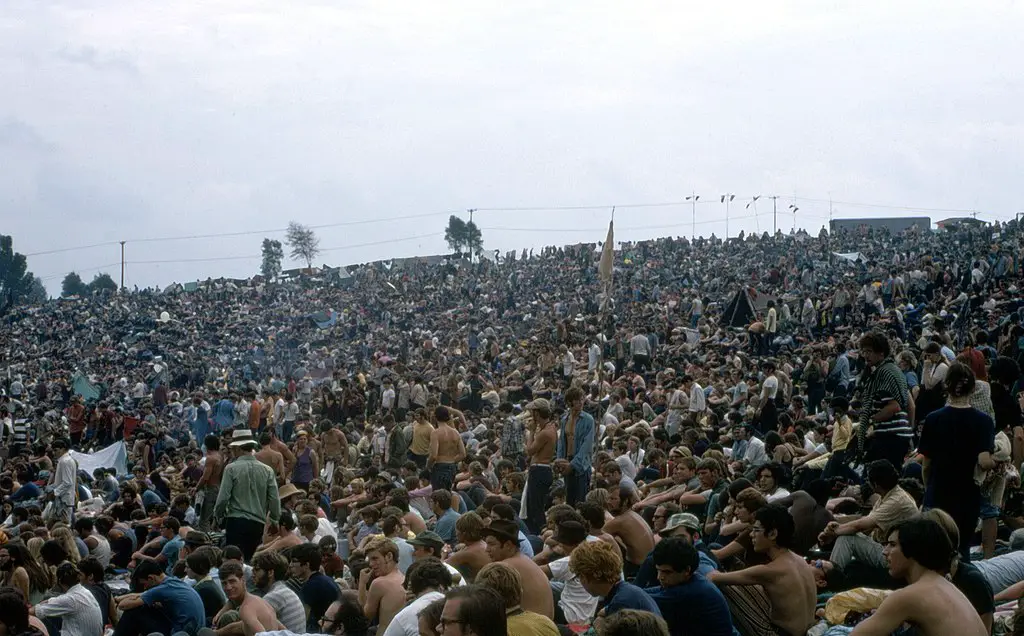
So, if the band was so important to hippie culture, why didn’t the Beatles play at Woodstock?
Although we don’t know the reason for certain, a few circumstances were going on with the Beatles at the time that could explain their decision. Let’s break them down:
The Beatles didn’t perform live anymore
The first is that the Beatles were not performing live in August 1969, and hadn’t done so for four years.
Since they were recording-only artists by this point, it would have been a random choice for them to appear at Woodstock.
The band were breaking up
Secondly, the band was fracturing massively around this time, with creative and personal differences coming to a boiling point.
Woodstock took place from 16-18 August 1969, and the last time the Beatles ever recorded together was just a couple days later, on 20 August 1969.
It’s thought that the last time the Beatles were all together in one room was 22 August 1969, so as you can see, the timing was not ideal!
People didn’t know Woodstock would be a big deal
Music festivals weren’t really a thing back in 1969 in the way that they are nowadays. Many people thought that a concert at a dairy farm wasn’t worth their time, and passed.
Nobody could have expected that Woodstock would become the historic event that it later became.
Plenty of other popular “hippie” artists at the time didn’t perform either
Notably, other influential artists of the time also didn’t perform at Woodstock.
The Doors were invited but declined, as did Joni Mitchell, who had a scheduling clash with a TV show appearance instead. Bob Dylan, who even lived nearby, famously chose not to attend due to his son’s illness.
Paul’s daughter was due to be born
Paul’s daughter, Mary McCartney, was born on 28 August 1969.
Paul must have known that she would be due around the dates of Woodstock, and, given his reputation as a family man, it would have been out of character for him to risk missing the birth of his daughter.
John wasn’t welcome in the United States at the time
The Beatles weren’t American, so they’d need visas to enter the U.S. to perform. According to Woodstock’s organiser, Michael Lang, John Lennon was in talks to perform at Woodstock with the Plastic Ono Band.
However, he told Billboard, “Our government was not interested in having him come because of his Vietnam War position and he had been busted (for drugs) in England, so they used that as an excuse.”
This makes sense – the Beatles weren’t allowed into Mexico back in their touring days either, since the government thought they were a bad influence.
The Beatles’ Influence at Woodstock
While The Beatles didn’t physically grace the Woodstock stage, their essence certainly did.
Iconic performances included Richie Havens covering three Beatle songs, while Joe Cocker and Crosby, Stills, Nash, and Young each played one.
Beatlemania was palpable even in their absence.
But did the Beatles regret not attending? Ringo Starr once commented on the band’s non-attendance by saying “I think afterward we regretted it”.
Final Thoughts: The Beatles, Hippies & Woodstock
After delving into the various different hippie aspects of the Beatles, it seems fair to say – yes, the Beatles were, in their unique way, hippies.
With their psychedelic music, out-there fashion choices, peace-and-love advocacy, liberal views, and even their experimental dabblings, they’ve checked many a box on the ‘hippie’ list.
As for Woodstock, despite the Beatles’ spirit wafting through the festival, logistical issues, their lack of interest in the festival, and visa problems led to an unfortunate no-show.
To find out more about the Beatles, you need to visit Liverpool, home of the Beatles! Head on over to my Liverpool page to start planning your dream trip!
